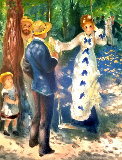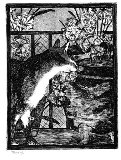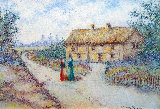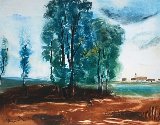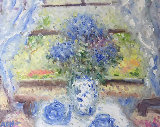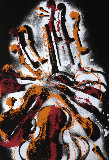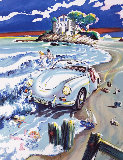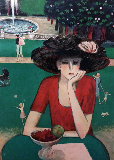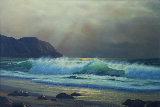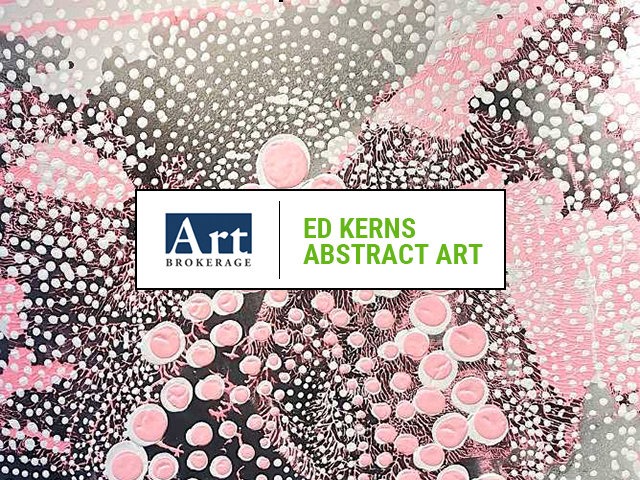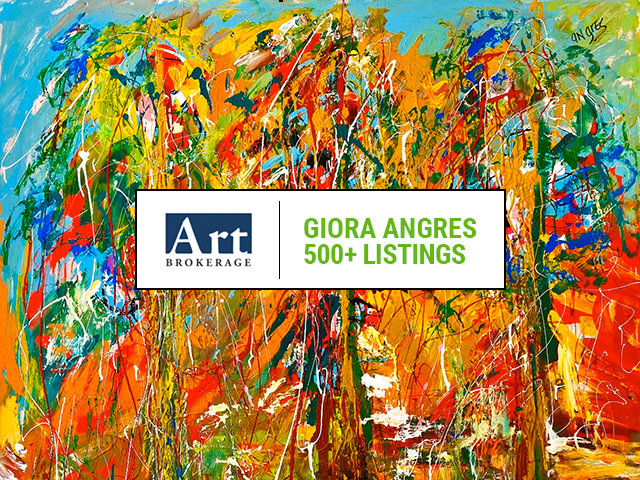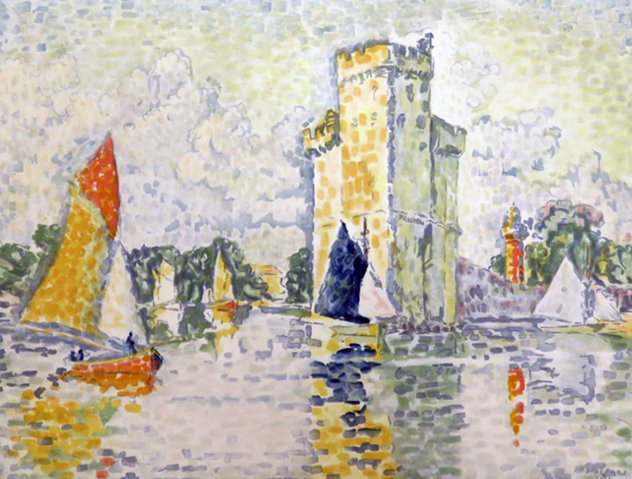



Le Port De La Rochelle 1925
Paul Signac
Limited Edition Print : Aquatint on Arches Watermarked Paper
Size : 69.4x54.8 in | 176x139 cm
Edition :
-
Sold Blue Chip - We have buyers waiting
SOLD I have one and want to sell it
Year1925
Hand SignedSigned By the Artist in Pencil “P Signacâ€
Condition Good - In good overall condition apart from a repaired tear in upper margin not affecting the image.
Not Framed
Story / Additional InfoLe Port de la Rochelle
Published by: Galerie Bernheim-Jeune, Paris, France, 1928. Printed by: Chalconigaph du Louvre. Reference: Ginestet and Pouillon : “Jacques Villon, Les Estampes et les Illustrations†(Catalogue Raisonne ) number E.644
Certificate of AuthenticityArt Brokerage has buyers waiting
LID134620
Paul Signac - France
Art Brokerage: Paul Signac French Artist: b. 1863 - 1935. Paul Signac followed a course of training in architecture before deciding at the age of 18 to pursue a career as a painter after attending an exhibit of Monet's work. He sailed around the coasts of Europe, painting the landscapes he encountered. He also painted a series of watercolors of French harbor cities in later years. Many of Signac's paintings are of the French coast. He loved to paint the water. He left the capital each summer, to stay in the south of France in the village of Collioure or at St. Tropez, where he bought a house and invited his friends. Signac loved sailing and began to travel in 1892, sailing a small boat to almost all the ports of France, to Holland, and around the Mediterranean as far as Constantinople, basing his boat at St. Tropez, which he "discovered". From his various ports of call, Signac brought back vibrant, colorful watercolors, sketched rapidly from nature. From these sketches, he painted large studio canvases that are carefully worked out in small, mosaic-like squares of color, quite different from the tiny, variegated dots previously used by Seurat. Signac himself experimented with various media. As well as oil paintings and watercolors he made etchings, lithographs, and many pen-and-ink sketches composed of small, laborious dots. The neo-impressionists influenced the next generation: Signac inspired Henri Matisse and André Derain in particular, thus playing a decisive role in the evolution of Fauvism. As president of the Société des Artistes Indépendants from 1908 until his death, Signac encouraged younger artists (he was the first to buy a painting by Matisse) by exhibiting the controversial works of the Fauves and the Cubists.

